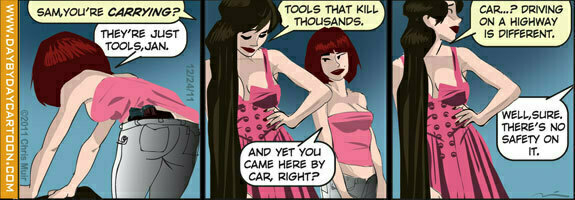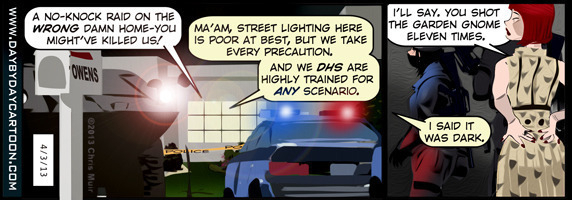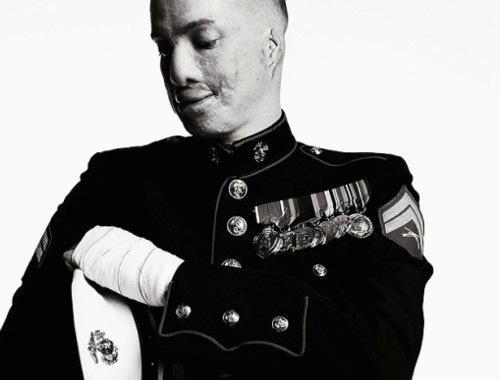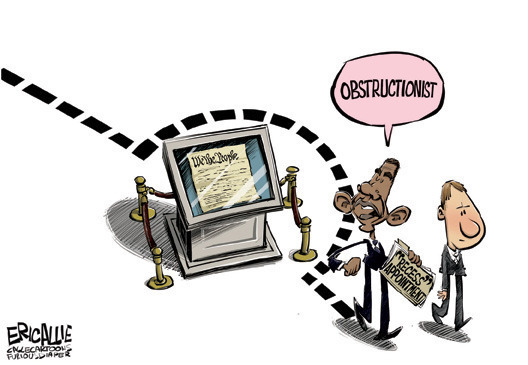liberty
A Constitution is not the act of a Government, but of a people constituting a government, and a government without a constitution is a power without right.
–Thomas Paine, Rights of Man, 1791
[America’s] glory is not dominion, but liberty. Her march is the march of the mind. She has a spear and a shield: but the motto upon her shield is Freedom, Independence, Peace. This has been her declaration: this has been, as far as her necessary intercourse with the rest of mankind would permit, her practice.
–John Adams, Speech on Independence Day to the House of Representatives, 1821
But while property is considered as the basis of the freedom of the American yeomanry, there are other auxiliary supports; among which is the information of the people. In no country, is education so general – in no country, have the body of the people such a knowledge of the rights of men and the principles of government. This knowledge, joined with a keen sense of liberty and a watchful jealousy, will guard our constitutions and awaken the people to an instantaneous resistance of encroachments.
–Noah Webster, On Education of Youth in America, 1790
We have lost our knowledge of our rights and how our government is supposed to work. We have fallen asleep.
There is no maxim in my opinion which is more liable to be misapplied, and which therefore needs elucidation than the current one that the interest of the majority is the political standard of right and wrong…. In fact it is only reestablishing under another name and a more specious form, force as the measure of right.
—James Madison, letter to James Monroe, 1786
We are a nation of laws, a republic. Not a mob-rules democracy.
Government, in my humble opinion, should be formed to secure and to enlarge the exercise of the natural rights of its members; and every government, which has not this in view, as its principal object, is not a government of the legitimate kind.
–James Wilson, Lectures on Law, 1790
A free people [claim] their rights as derived from the laws of nature, and not as the gift of their chief magistrate.
–Thomas Jefferson, Rights of British America, 1774
It has long, however, been my opinion, and I have never shrunk from its expression … that the germ of dissolution of our federal government is in the constitution of the federal Judiciary; … working like gravity by night and by day, gaining a little today and a little tomorrow, and advancing its noiseless step like a thief, over the field of jurisdiction, until all shall be usurped.
–Thomas Jefferson, letter to Charles Hammond, August 18, 1821
There is one big truth that used to hold from sea to shining sea and is now most keenly apprehended here: an argument against the individual right to bear arms is an argument that the average American is incompetent to contend with the most fundamental moral questions of life, death, and justice. It is an argument that assumes ordinary people cannot be entrusted with democracy.
– Joshua Treviño, “Founding Firearms,” Texas Monthly, April 2013
To take from one, because it is thought his own industry and that of his fathers has acquired too much, in order to spare to others, who, or whose fathers, have not exercised equal industry and skill, is to violate arbitrarily the first principle of association, the guarantee to everyone the free exercise of his industry and the fruits acquired by it.
–Thomas Jefferson, letter to Joseph Milligan, 6 April 1816
If Congress can do whatever in their discretion can be done by money, and will promote the General Welfare, the Government is no longer a limited one, possessing enumerated powers, but an indefinite one, subject to particular exceptions.
–James Madison, letter to Edmund Pendleton, 21 January 1792
Who are the militia? Are they not ourselves? It is feared, then, that we shall turn our arms each man against his own bosom. Congress have no power to disarm the militia. Their swords, and every other terrible implement of the soldier, are the birthright of an American. …[T]he unlimited power of the sword is not in the hands of either the federal or state governments, but, where I trust in God it will ever remain, in the hands of the people.
–A Pennsylvanian, The Pennsylvania Gazette, 20 February 1788
A militia when properly formed are in fact the people themselves … and include… all men capable of bearing arms. … The mind that aims at a select militia, must be influenced by a truly anti-republican principle.
Richard Lee, Federal Farmer LIII
The militia the Founders envisioned had nothing to do with the National Guard or Reserves.
Laws that forbid the carrying of arms … disarm only those who are neither inclined nor determined to commit crimes… Such laws make things worse for the assaulted and better for the assailants; they serve rather to encourage than to prevent homicides, for an unarmed man may be attacked with greater confidence than an armed man.
Cesare Beccaria, On Crimes and Punishment, quoted by Thomas Jefferson in Commonplace Book
"There is no maxim, in my opinion, which is more liable to be misapplied, and which, therefore, more needs elucidation, than the current, that the interest of the majority is the political standard of right and wrong."
—James Madison, letter to James Monroe, 1786
The United States is a nation of laws, not men.
Does Airport Security Really Make Us Safer? | Culture | Vanity Fair
Does Airport Security Really Make Us Safer? | Culture | Vanity Fair
Bruce Schneier’s exasperation is informed by his job-related need to spend a lot of time in Airportland. He has 10 million frequent-flier miles and takes about 170 flights a year; his average speed, he has calculated, is 32 miles and hour. “The only useful airport security measures since 9/11,” he says, “were locking and reinforcing the cockpit doors, so terrorists can’t break in, positive baggage matching”—ensuring that people can’t put luggage on planes, and then not board them —“and teaching the passengers to fight back. The rest is security theater.”
[gallery]
This is pretty much how I feel whenever someone wants to talk about how dangerous firearms are.

[A] wise and frugal government … shall restrain men from injuring one another, shall leave them otherwise free to regulate their own pursuits of industry and improvement, and shall not take from the mouth of labor the bread it has earned. This is the sum of good government.
—Thomas Jefferson, First Inaugural Address, 1801



